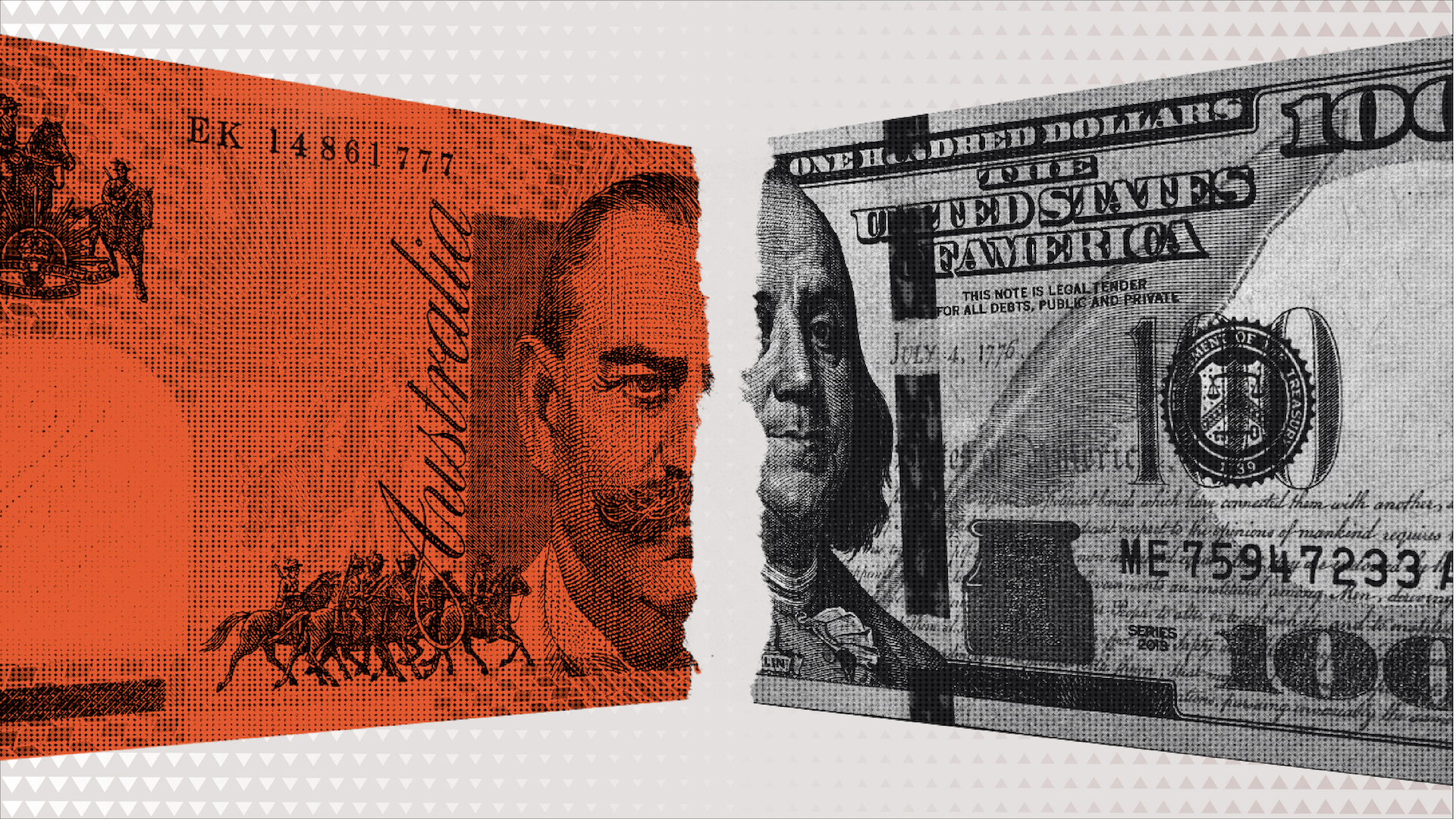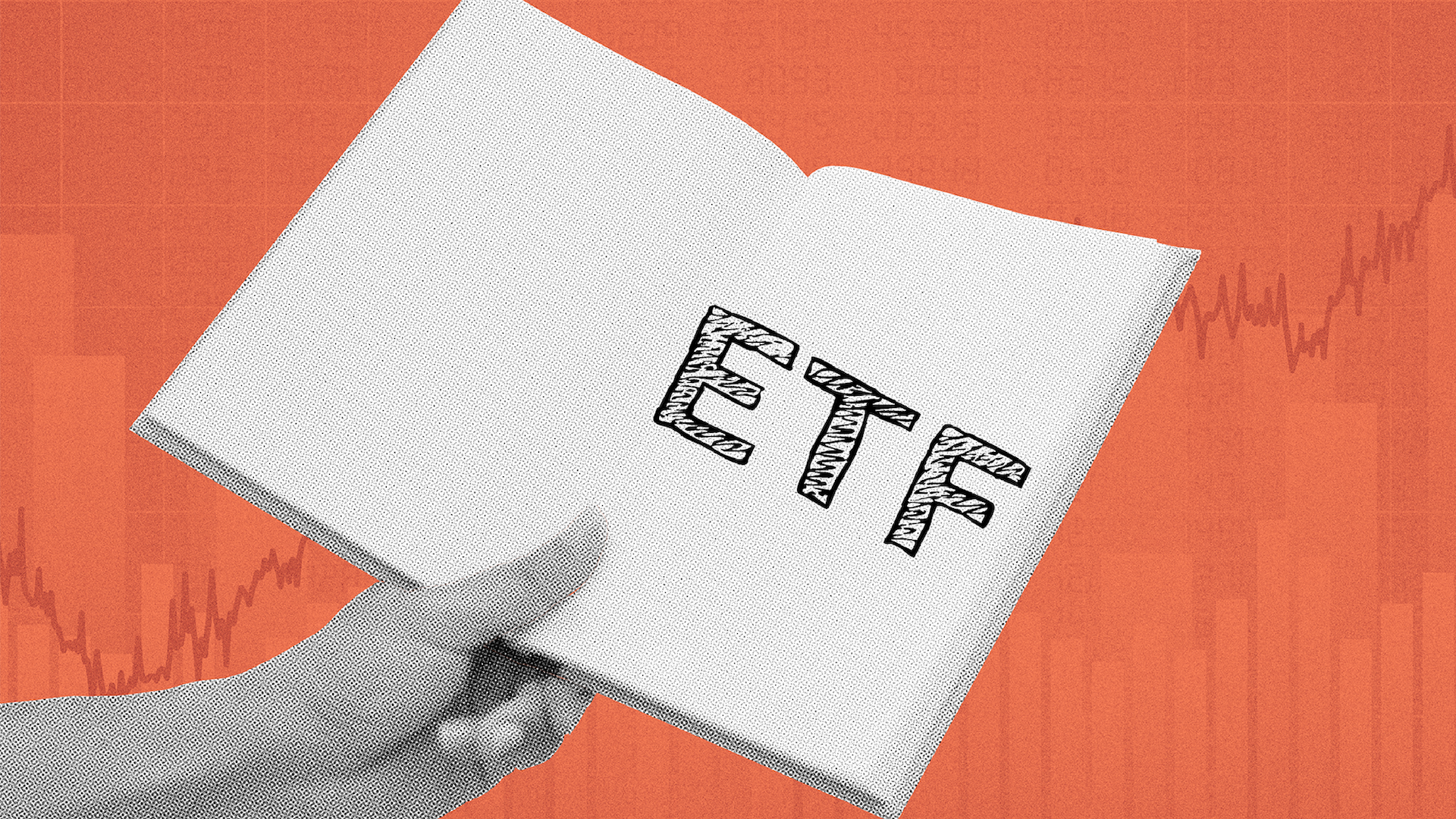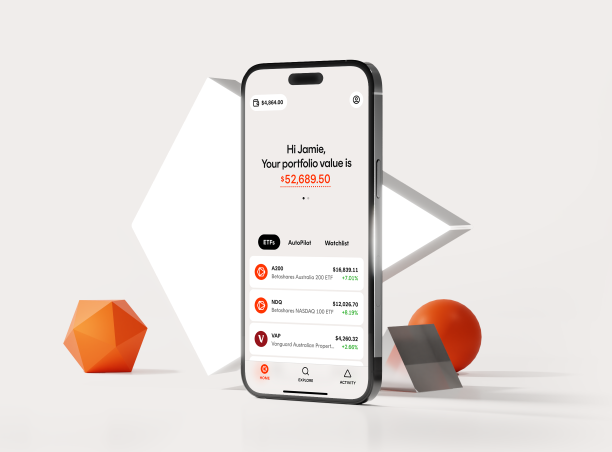What is an ETF? Explaining Exchange Traded Funds
If you have previously invested in US-listed securities, then you’ve likely come across the requirement to complete a W-8 BEN form.
In retail investing circles, Form W-8 BEN is seen as an administrative headache (some might say ‘nightmare’) and can be overwhelming for newer investors due to the convoluted way the IRS words some of its questions, the need to physically sign it, and the requirement to periodically renew it2.
However, you can avoid ever having to see or complete a W8-BEN form, by sticking with certain ASX-traded ETFs. Let’s look further at why the W-8 BEN form exists, and how you can simplify your financial affairs by sidestepping the need to deal with this cumbersome document.
What is the W-8 BEN form, and why does the IRS want this information from Australians?
Issued by the US Government’s Internal Revenue Service (IRS), this document is officially known as Form W-8 BEN (10/2021) – Certificate of Foreign Status of Beneficial Owner for United States Tax Withholding and Reporting (Individuals)1.
Even though you may not have US residency – or have ever set foot in America – you may be required to complete it in order to:
- Comply with your broker’s requirements pertaining to trading US-listed securities
- Benefit from reduced withholding tax rates on US dividends
- Receive the full proceeds from any sales of US-listed securities
Over the years, the Australian Government has signed various tax treaties with other nations (including the US) so that investors can avoid being double-taxed, among other things3.
Form W-8 BEN helps facilitate a 15% Dividend Withholding Tax (DWT) for Australian tax residents who earn dividend income from US-listed securities or from certain dual-listed securities (more on this later). If the W-8BEN form is not in place, DWT may be applied at the maximum rate of 30%4.
The document certifies to your broker (and ultimately the IRS) that:
- You aren’t a US resident.
- You’re the beneficial owner of the income or proceeds which the form relates to.
- You’re claiming a reduced withholding tax rate because you’re a resident of a foreign country with which the US has an income tax treaty.
Who needs to complete Form W-8 BEN?
Under the tax treaty with the US, Australian institutions including banks, brokers and share registries are obligated to collect Form W8-BEN from their customers under certain circumstances. The requirement kicks in if you want to open a share trading account that allows you to own a security that distributes US sourced income, or own dual-listed securities.
The form must be completed regardless of whether you have an:
- Individual account
- Joint account (Form W-8 BEN must be submitted by each account holder)
- Corporate account (requires a variation of the W-8 BEN form called the W-8 BEN-E)
- Trust account (W-8 BEN-E)
- Self-managed superannuation fund (SMSF) account (W-8 BEN-E)
A W-8 BEN form once signed is valid for only three calendar years or until details such as name or tax residency change5.
What are dual-listed stocks and CDIs?
Under certain circumstances, you may need to complete Form W-8 BEN even though you don’t have a trading account which allows access to US securities.
This typically occurs when you buy or come to own CHESS Depository Interests (CDIs)7. Simply put, these are foreign entities listed on the ASX and are commonly known as dual-listed stocks. Examples include ResMed and News Corp.
What often flies under the radar is that there are also certain ETFs domiciled in the US and offered to Australian investors as CDIs. If you purchase these, the share registry will ask you to complete a W8-BEN form.
Investing in these funds has implications which we detail here. At a high level, they include dealing with additional administration, potential US estate tax issues and an extra layer of withholding tax.
What happens if a W-8 BEN form isn’t completed?
The consequences for failing to complete or maintain a valid Form W-8 BEN depend on where you’re at in your international investing journey, and on your broker’s policy. Typically, they include the following:
- Your broker may refuse your request to open an international share trading account
- Your broker could suspend your international trading account
- Your broker may withhold US dividends owed to you until the form is completed
- Per the tax treaty, your broker will be required to withhold 30% in DWT on US dividends paid to you, and 30% of the proceeds from international trades6.
How can Betashares ETFs help?
Because all Betashares ETFs are domiciled in Australia, they avoid the requirement to deal with Form W-8 BEN.
An Australian domiciled ETF is one that is created, registered and regulated in Australia and is deemed as a resident in Australia for tax purposes. The ETF issuer fills out the W-8 BEN form at the fund level. This is regardless of whether the fund itself provides exposure to US assets – such as NDQ Nasdaq 100 ETF
It’s important to note that not all ASX-traded ETFs that provide exposure to international assets are domiciled in Australia.
Investors in Australian domiciled ETFs enjoy benefits including:
- Minimal, if any, direct foreign law impacts for investors
- Generally speaking, withholding tax applies only once on a global exposure – on the distributions from the foreign companies into Australia – not twice (i.e from the foreign companies into the US and then into Australia)
Conclusion
For investors seeking exposure to international markets, the process of completing and renewing Form W-8 BEN, along with dealing with the complexities of CDIs, can be cumbersome. However, these hassles can be avoided by opting for Australian domiciled ETFs, which offer a more straightforward investing experience.
While Australian domiciled ETFs can simplify matters, your financial strategy should always align with your individual needs and objectives. Please consider seeking financial advice to help you choose the best investment options to achieve your goals.
See some popular international equities funds that are Australian domiciled:
- About Form W-8 BEN, Certificate of Foreign Status of Beneficial Owner for United States Tax Withholding and Reporting
- The Australian Taxation Office’s Repository of Tax Treaties
- The Australia-US Tax Treaty (Article 10 – Dividends) & IRS Instructions for Form W8-BEN
- IRS’s Instructions on Expiring W-8 BEN Forms
- CommSec Guide on the Implications of Valid and Invalid W8-BEN
- The ASX Understanding CHESS Depositary Interests





